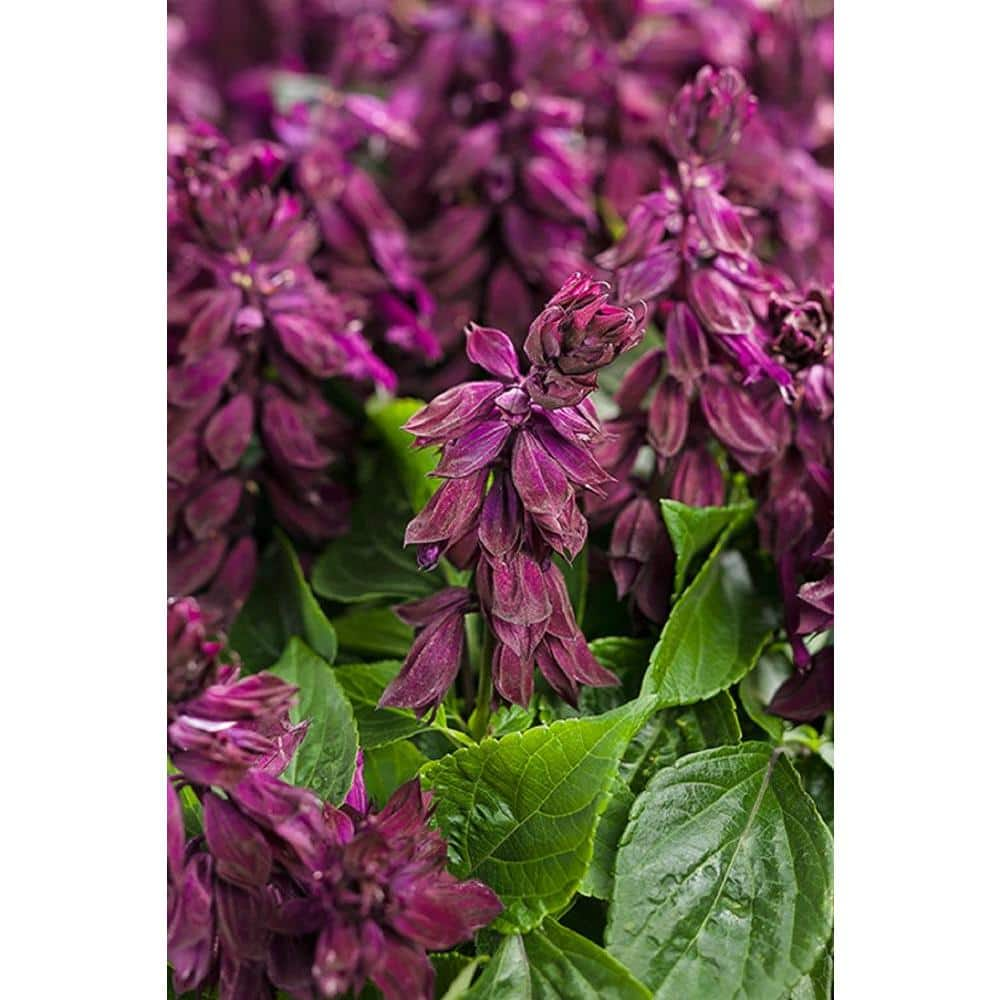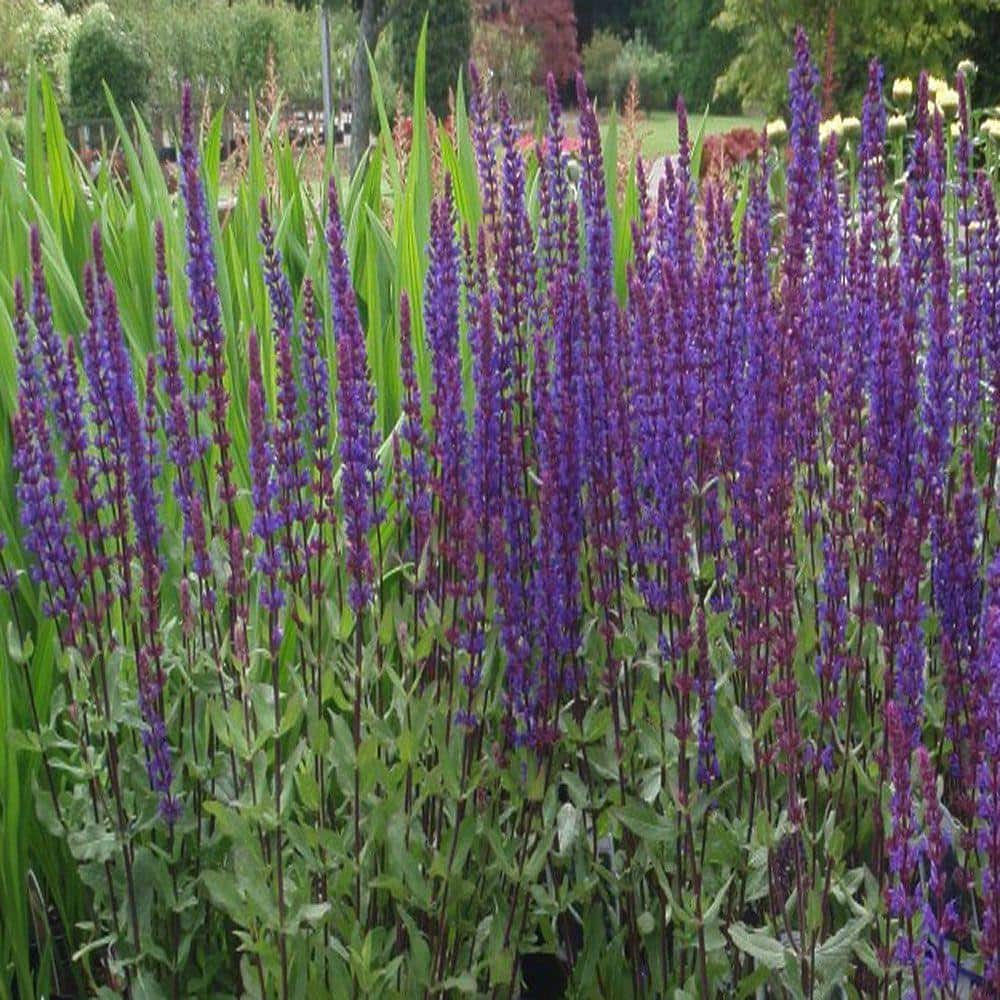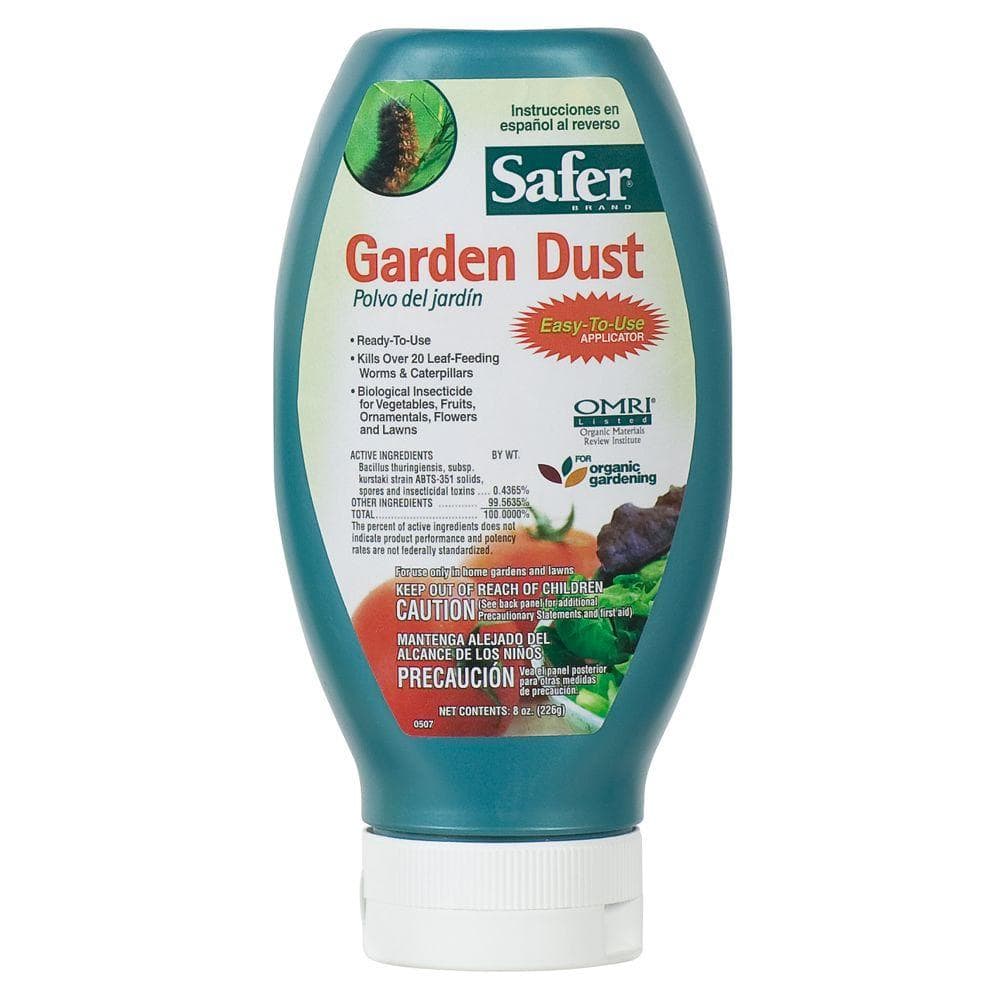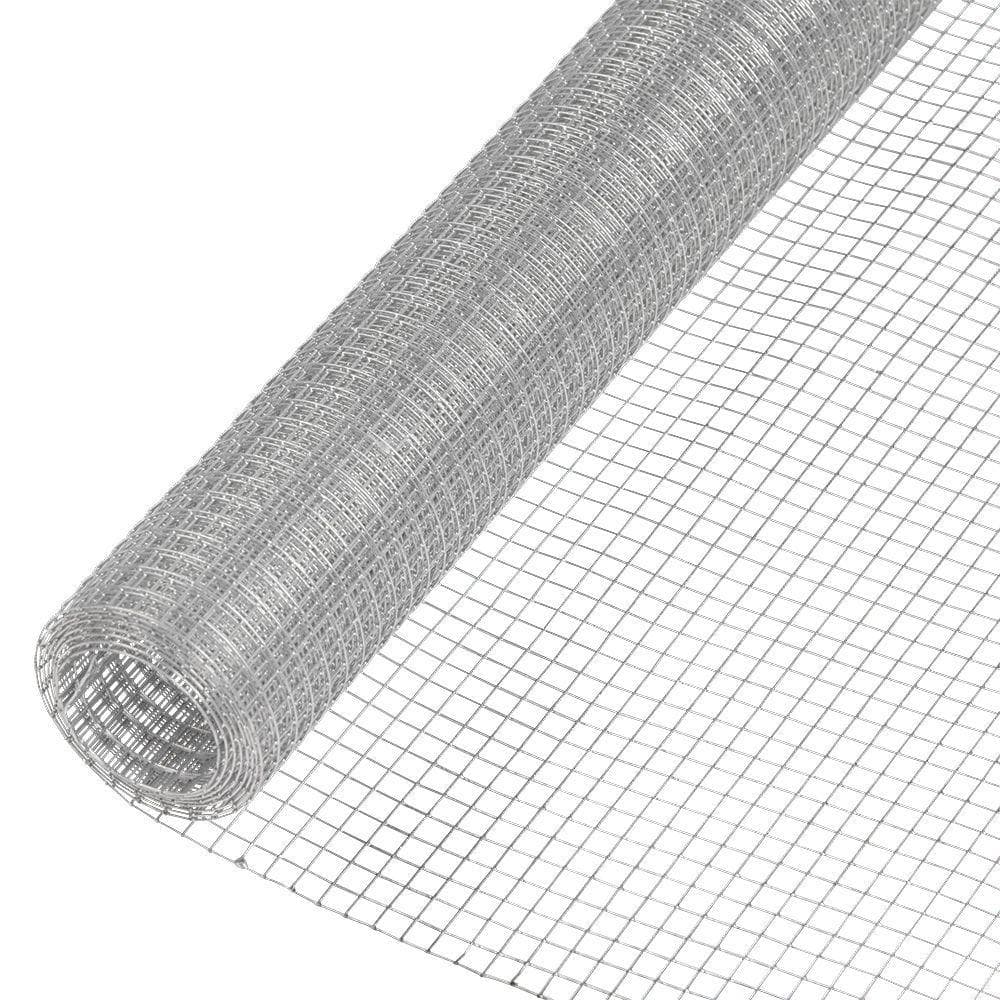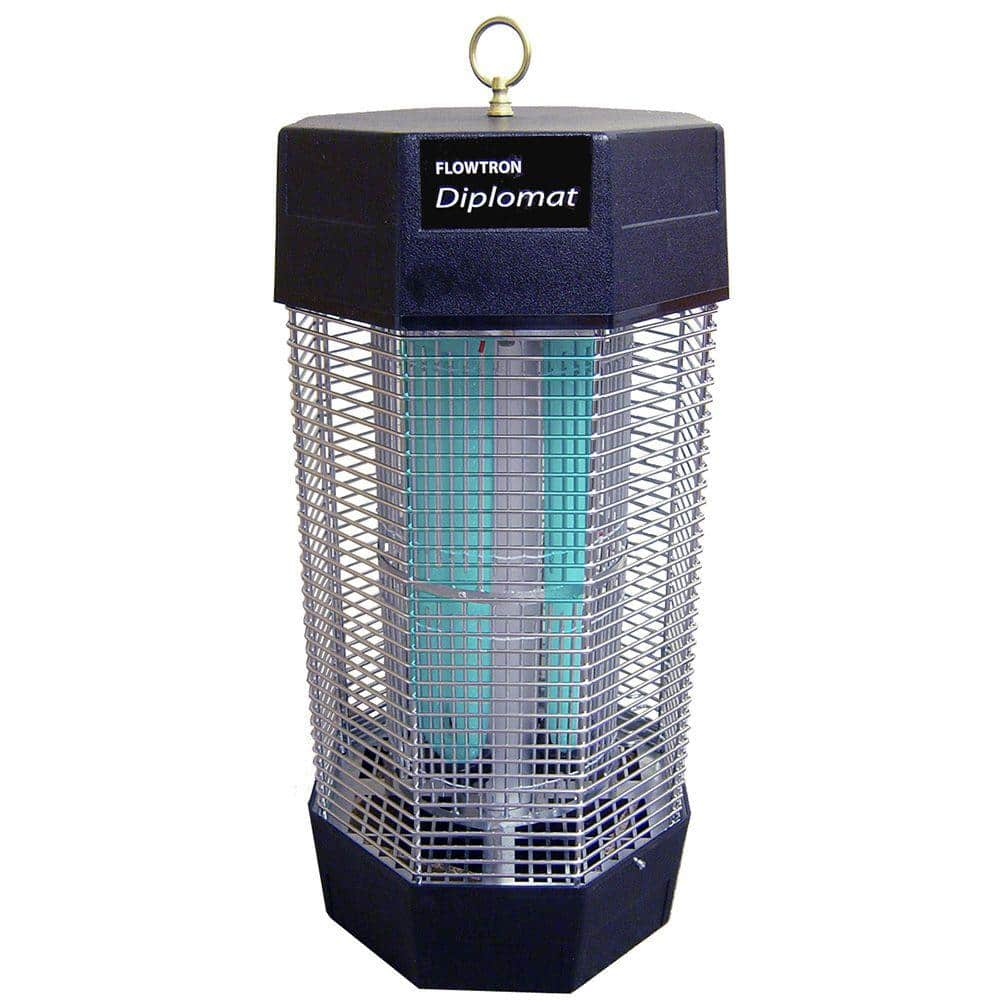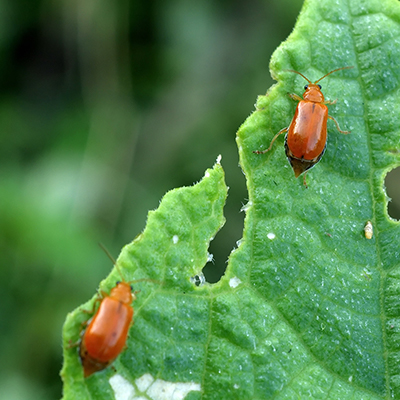How to Humanely Control Pests in Your Garden
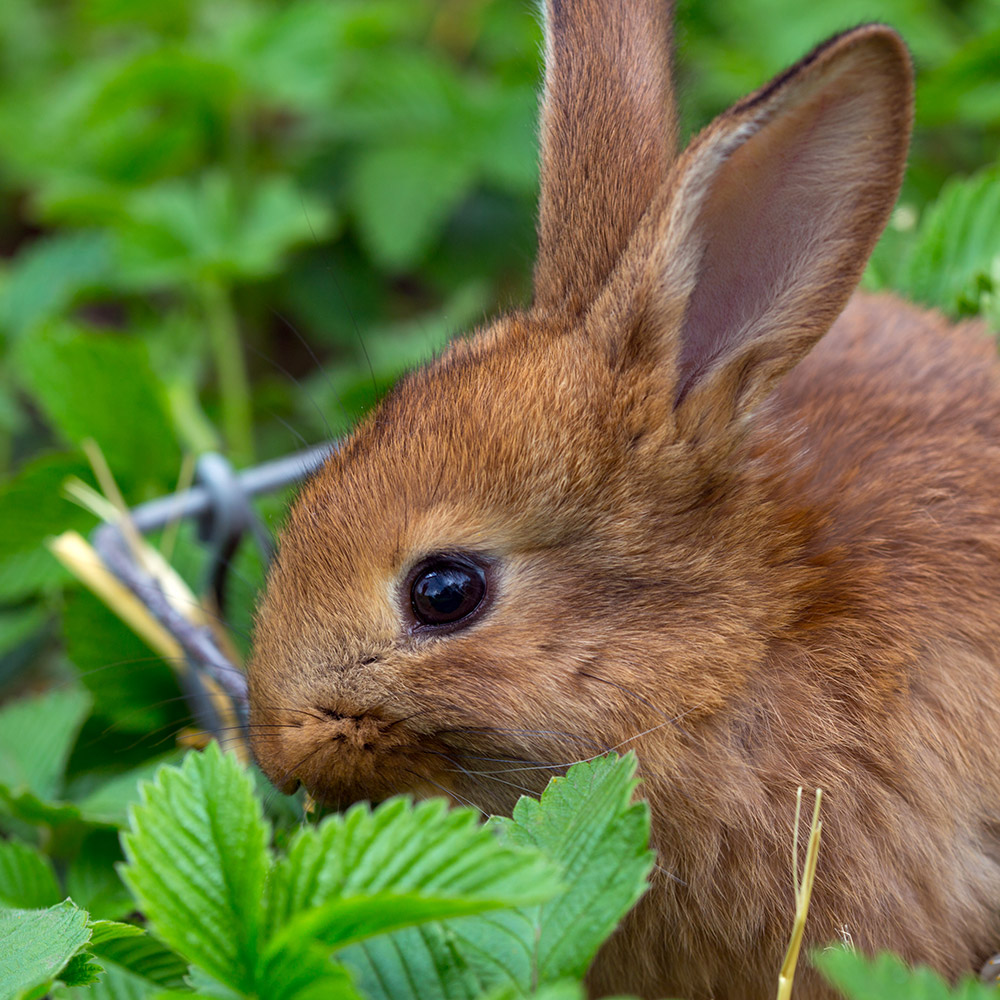
Last updated October 13, 2023
Problems in the garden may start with a nibble on a leaf, or a bite out of your prized tomatoes. Before long you wonder what kind of pest is in your garden and how you should handle it.
“When you first notice problems in the garden, that’s your opportunity to step back and observe,” says Theresa Rooney, self-taught gardener and author of “The Guide to Humane Critter Control: Natural, Nontoxic Pest Solutions to Protect Your Yard and Garden,” (Cool Springs Press).
Read on for helpful tips to humanely control pests in your garden.
Table of Contents
Resolve Pest Problems
Humane Hints for Critter Control
Use Barriers to Protect Plants
When to Use Chemical Controls
Resolve Pest Problems
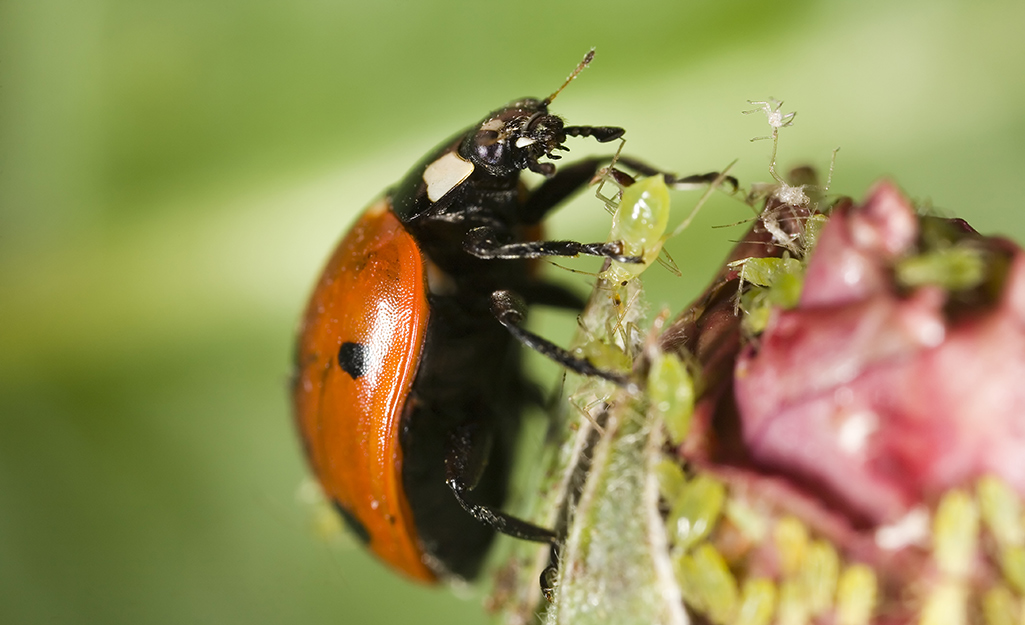
The first step in resolving any pest problem is to correctly identify the pest, and the second step is to interrupt the life cycle in a way that will protect your garden. Sometimes, the severest options like poisons are necessary, for instance, when human health is affected. But they also come with a price, as a critter that’s been eliminated with poison may be consumed further up the food chain.
Gardeners may also be concerned about using hazardous chemicals around pets and children. Instead of reaching first for chemicals or traps, take a step back and look for solutions that are humane and, when possible, sustainable and organic.
An important part of this approach is to learn to live with the critters. When you create a diverse ecology in your garden, Rooney says, your benefit is a healthy garden that can handle pest problems and still thrive.
This thriving garden with healthy soil and diverse plant life can resist pest pressure. Sometimes, it’s just a matter of letting the prey population get big enough to take care of the problem. Aphids are easy to knock off plants with a strong stream of water, or a spray of insecticidal soap.
Instead of spraying, you can attract ladybugs to your garden to put the pressure on the aphids. Plant herbs like fennel and parsley, also yarrow and sweet alyssum, on the perimeter of your garden in a beneficial breeding ground with native plants that good bugs love.
Humane Hints for Critter Control
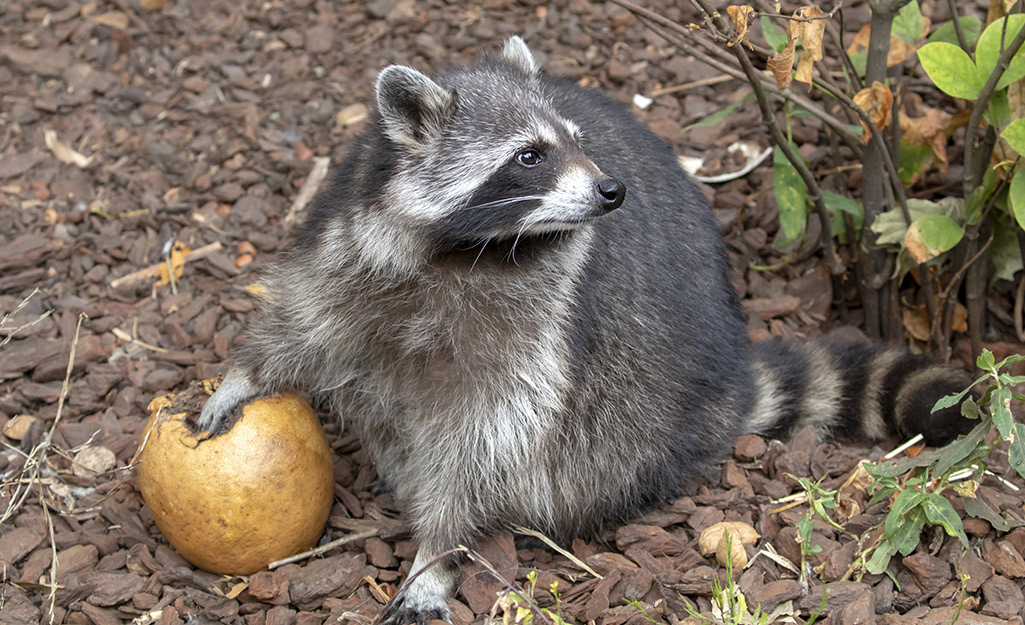
Beyond the “bigger picture” approach that we share the garden with wildlife, Rooney advises that gardeners use several strategies to solve critter problems, and to change them up every few weeks.
- Raccoons: To keep raccoons away, lock away all food sources like pet food and bird seed, and occasionally flick on an outside light to alert the critter that you’re at home. The idea is to take away the lure of food and to keep them guessing with the light. Leaving a radio on outside can make their environment uncomfortable. Electronic repellents may work, too.
- Squirrels: To beat the squirrels, you’ve got to think like a squirrel, Rooney advises. Squirrels are territorial and sensitive to smells. Try making a fragrant herbal tea like peppermint and pour it around plants that squirrels are interested in. Squirrels get thirsty, that’s why they go for your tomatoes. Leave water in a shallow saucer for the critters, and change it every day to prevent mosquitoes. If squirrels are a nuisance in your bird feeders, consider a squirrel resistant bird feeder or add a squirrel baffle to the bird feeder pole.
- Rabbits: Bunnies don’t care for strong smells either, so you may have success with the fragrant tea option. You can also try blood meal, predator products like fox urine and barriers like fences.
- Deer: Try using slow-release Milorganite fertilizer to give your plants a nitrogen boost and keep hungry deer away. You can also hang bars of strong-smelling soap in trees, or lay flat sheets of hardware cloth on the path where deer enter your garden. Electronic repellents like motion-activated sprinklers work well, too. Find out more deer-repelling strategies. The key is to use a different strategy every few weeks so that the critter doesn’t get used to it.
- Ants: Ants are a vital part of the garden ecology because they eat weed seeds and insect carrion. However, it’s hard to like ant hills and stinging fire ants. You will have fewer problems with ants in your lawn when you raise the height of your mower blade so that the lawn won’t dry out as quickly. Take advantage of the fact that ants don’t like peppermint. Dilute peppermint essential oil in water and spray on small areas like patios and doorways.
Use Barriers to Protect Plants
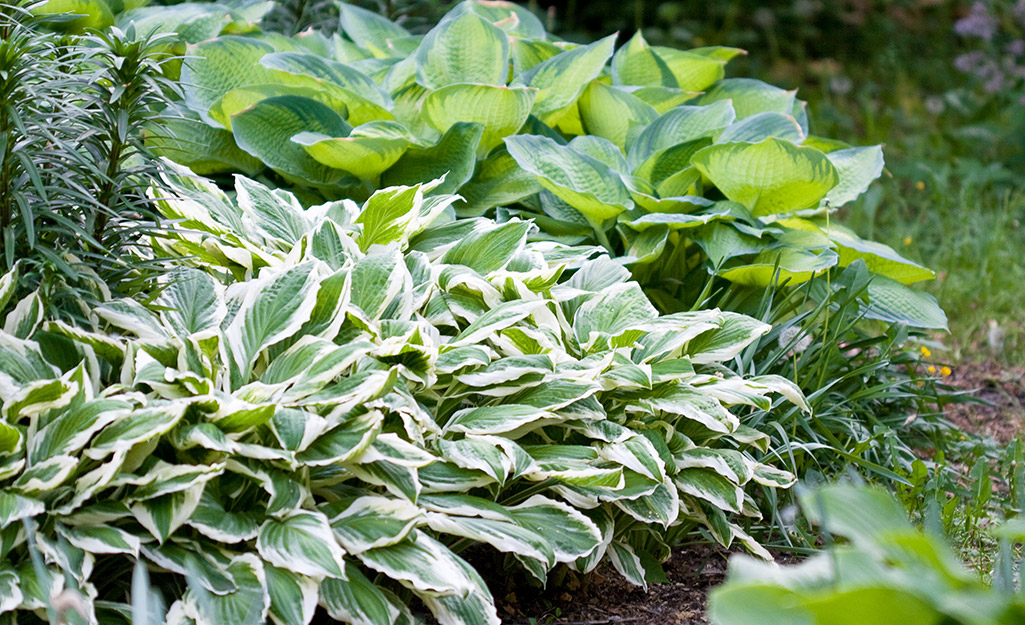
Hostas are called “deer candy” for a reason. Protect hostas and other plants by putting thorny, smelly or bristly plants around them. You can also set up barriers. If these don’t work, try putting a row cover or netting just above them so that when the deer tips its head to nibble, it hits netting instead.
Stay one step ahead of critters by putting up the barrier before you put in the garden goodies. They won’t know about the goodies if they’ve never been over the fence. For this reason, fall is the time to create the barriers, ahead of spring planting.
When to Use Chemical Controls
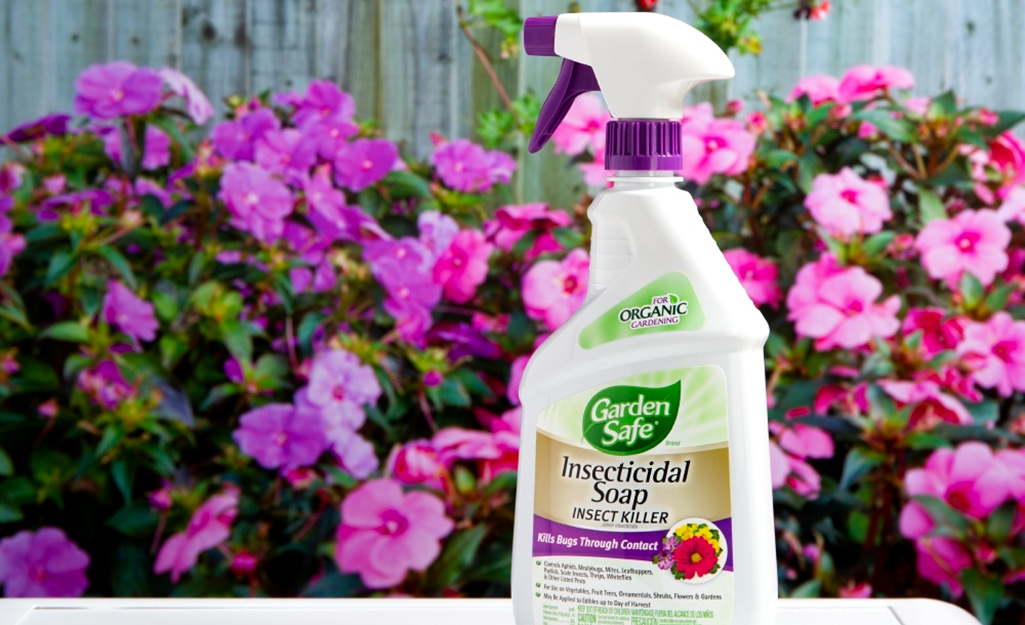
There are times when a chemical control is the best option. Any time humans are at risk, like when critters are poisonous or carry diseases, you’ll need to use pesticides or call a professional. When you use pesticides, remember that the label is the law.
Always read the label completely and follow instructions for proper usage and storage of the pesticide. Keep in mind that twice as much is not two times as effective.
When you use pesticides, protect your family and pets by safely storing chemicals. Learn more about pesticide storage solutions.
Whether you need the right planters, seeds or potting soil, The Home Depot delivers online orders when and where you need them.
